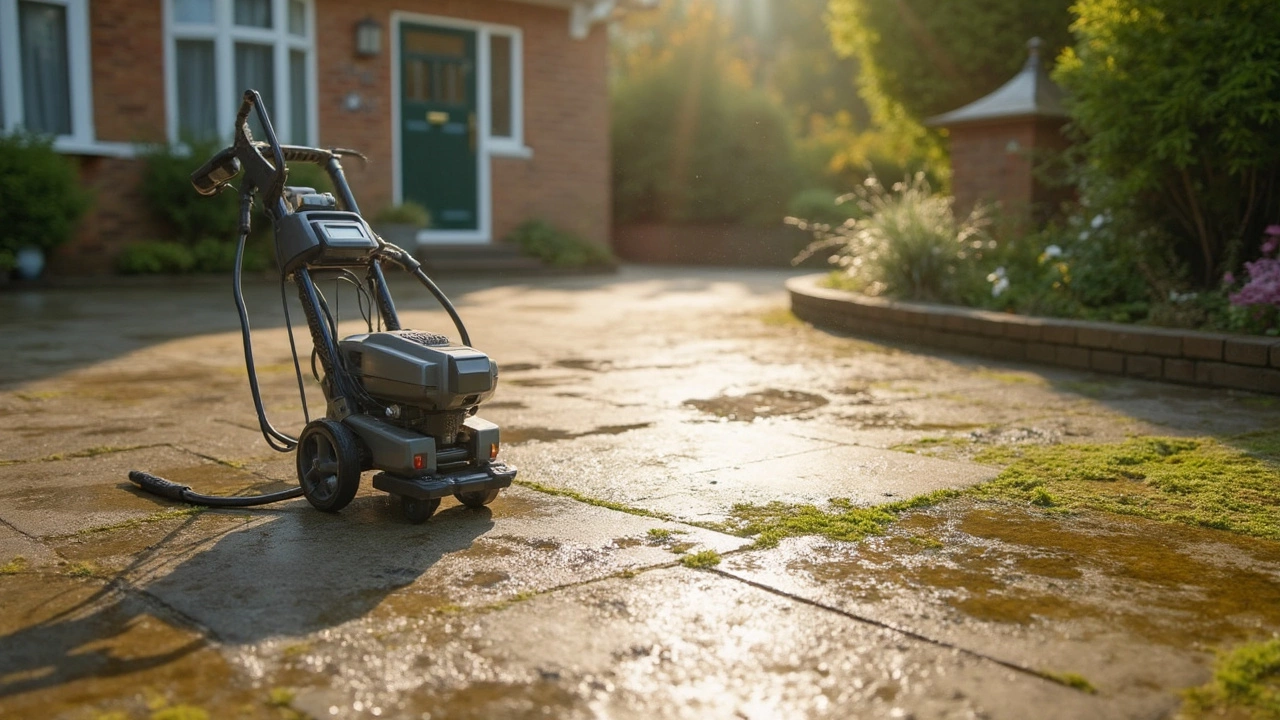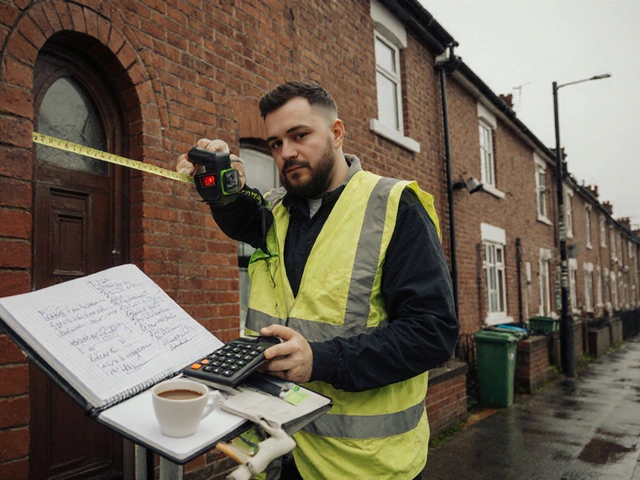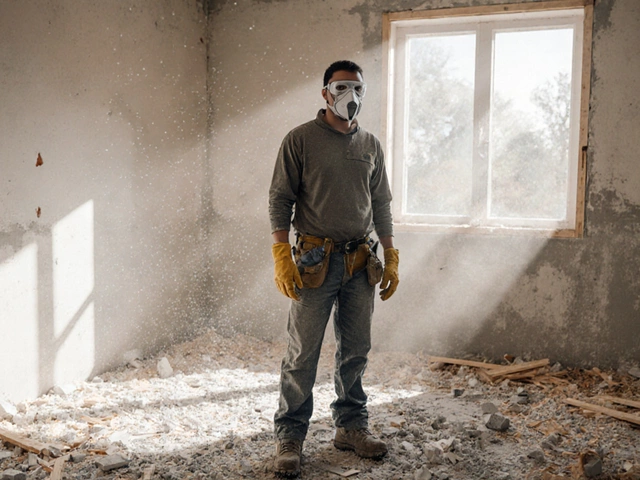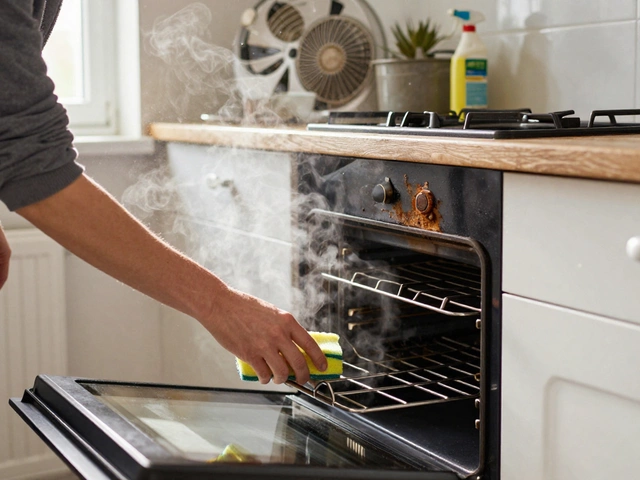Power Washer Essentials: Tools, Business Tips & Profit Secrets
When talking about power washer, a high‑pressure water device that blasts away grime, mold, and stains from exterior surfaces. Also called a pressure washer, it lets homeowners and pros clean decks, driveways, and walls in minutes instead of hours. pressure cleaning is the everyday term many hear on TV ads. Knowing how a Power Washer works helps you pick the right model and avoid common safety slips is the first step before you dive into any project.
Key Elements that Make Power Washing Effective
Power washing requires three core components: a pump that raises water pressure, a motor that drives the pump, and a nozzle that controls spray pattern. The pump creates pressure measured in PSI (pounds per square inch), while the motor can be electric or gas‑powered. Nozzles come in different angles—0°, 15°, 25°, and 40°—each suited for tasks from stripping paint to rinsing delicate siding. Pressure Washing Equipment covers the washer, hose, wand, and safety gear like goggles and boots is the full kit you need to stay safe and get results. Choosing the right PSI and nozzle angle directly influences cleaning speed and surface protection.
Another important piece is water temperature. Hot‑water power washers melt grease and oil faster, which is why many commercial crews prefer them for kitchen exhaust cleaning. Cold‑water units are cheaper and work great on dust, algae, and loose debris. Pairing the right temperature with the correct detergent—often a biodegradable, eco‑friendly formula—boosts efficiency without harming plants or pets. This connection between equipment, temperature, and cleaning solution forms the backbone of any successful power washing job.
If you’re eyeing profit, the numbers start with equipment cost, labor, and pricing strategy. Power Washing Business a service‑based venture that offers exterior cleaning to residential and commercial clients can turn a tidy profit when you balance these factors. Startup costs range from £1,500 for a basic electric unit to over £5,000 for a professional hot‑water system plus accessories. Once you cover the initial outlay, pricing per hour or per square foot determines your margin. A common model is charging £40‑£60 per hour plus material fees, which often yields a 30‑50% profit after fuel and maintenance.
Marketing also plays a big role. Most owners find services through local SEO, online reviews, and word‑of‑mouth. Offering a free site assessment or a first‑time discount can convert curious homeowners into repeat customers. Additionally, bundling services—like window cleaning or gutter clearing—adds value and upsells without extra travel time. These tactics show how business strategy intertwines with the core service of power washing.
Eco‑friendly cleaning is gaining traction, and power washers can adapt easily. Using a low‑phosphate detergent or a simple mix of vinegar and water reduces environmental impact while still delivering a deep clean. Many municipalities even offer rebates for using water‑saving nozzles that limit flow to 2‑3 gallons per minute. This relationship between sustainability and equipment choice opens new market niches, especially for environmentally conscious homeowners.
Finally, safety can’t be an afterthought. High‑pressure streams can shatter glass, embed soil into wood, or cause personal injury. Always wear goggles, gloves, and non‑slip boots. Keep the wand pointed away from people and fragile surfaces, and never aim at electrical outlets or delicate paint. Understanding these safety rules completes the picture of a responsible power washer operator.
Below you’ll find a curated list of articles that dive deeper into each of these topics—from profit calculations and equipment guides to eco‑friendly alternatives and safety checklists. Whether you’re just buying your first machine or scaling a growing business, the posts ahead will give you practical steps to master power washing.





